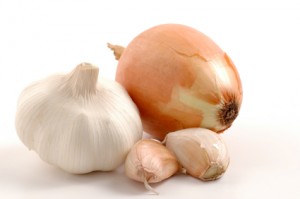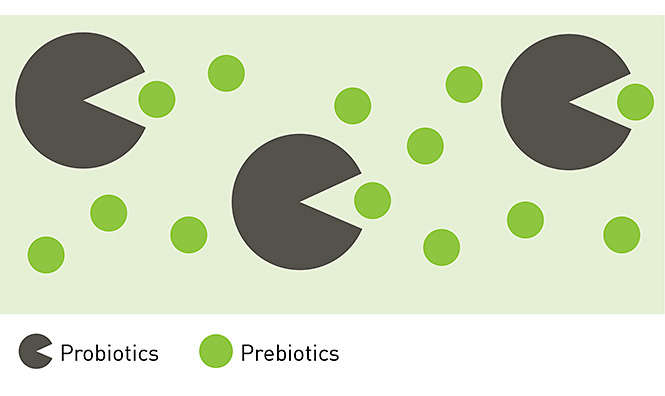Probiotics & Prebiotics.
Probiotics
Are live bacteria and yeasts that are good for your health, especially your digestive system. We usually think of bacteria as something that causes disease. But your body is full of bacteria, both good and bad. Probiotics are often called “good” or “helpful” bacteria because they help keep your gut healthy. Probiotics are naturally found in your body. You can also find them in some foods and supplements.
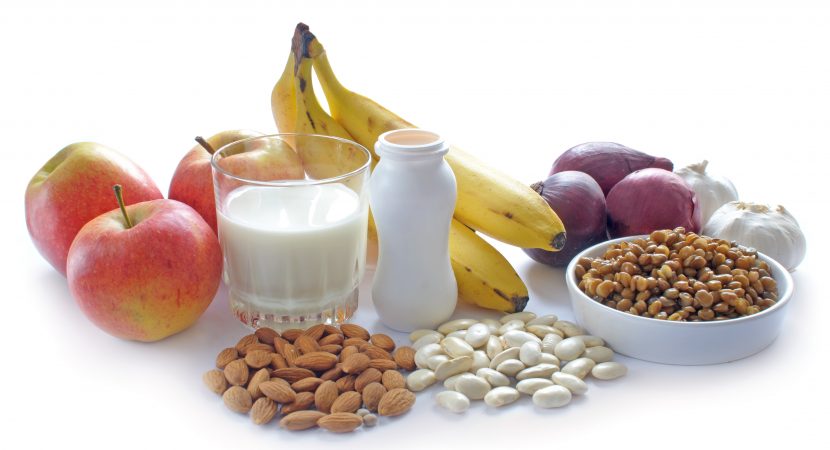
Benefits
- When you lose “good” bacteria in your body (like after you take antibiotics, for example), probiotics can help replace them.
- They can help balance your “good” and “bad” bacteria to keep your body working like it should.
- Probiotics help move food through your gut.
- Also help prevent Irritable bowel syndrome, Inflammation and diarrhoea
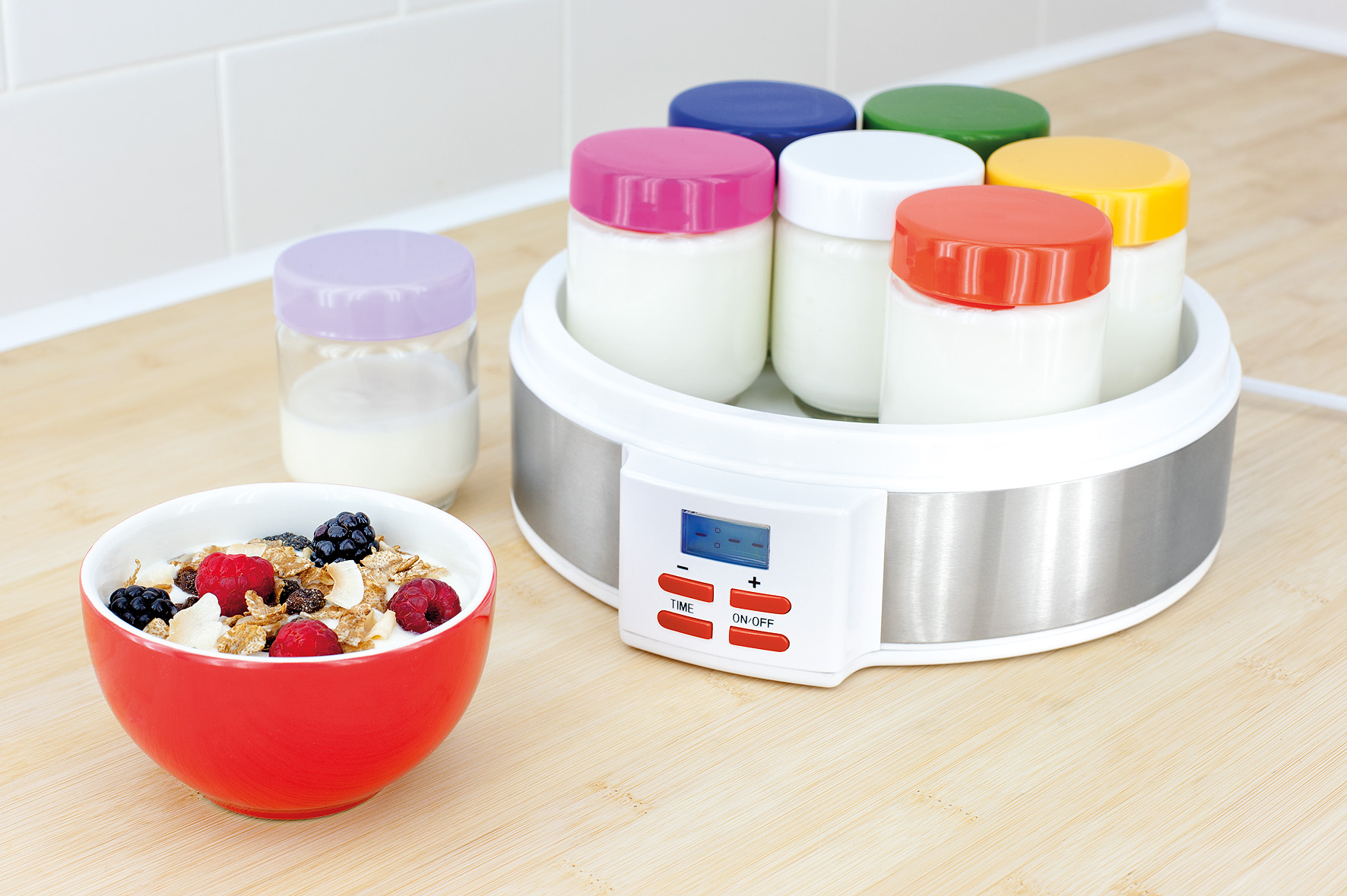
Types of Probiotics
Many types of bacteria are classified as probiotics. They all have different benefits, but most come from two groups. Ask your pharmacy about which might best help you.
Lactobacillus.
This may be the most common probiotic. It’s the one you’ll find in yoghurt and other fermented foods. Different strains can help with diarrhoea and may help with people who can’t digest lactose - the sugar in milk.
Bifidobacterium.
You can also find it in some dairy products. It may help ease the symptoms of irritable bowel syndrome (IBS) and some other conditions.
Probiotic supplements
In general, probiotic foods and supplements are thought to be safe for most people, though some people with immune system problems or other serious health conditions shouldn’t take them. Talk to your doctor first to make sure they’re OK for you. In some cases, mild side effects might include upset stomach, diarrhoea, gas, and bloating for the first couple of days after you start them. They may also trigger allergic reactions. Stop taking them and talk to your doctor if you have problems.
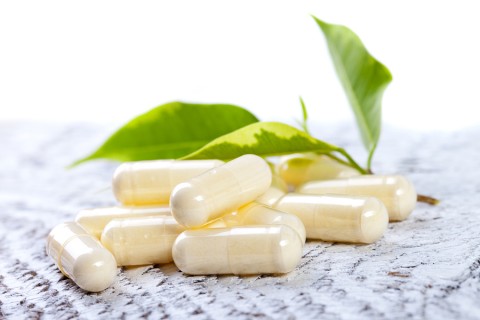
Prebiotics
Originally, prebiotics weren’t classified as fiber compounds, but recently research has shown us that these compounds behave the same way as other forms of fiber. Today, prebiotic carbohydrates that have been evaluated in humans largely consist of Fructans or Galatians, both of which are fermented by anaerobic bacteria in the large intestine. As prebiotics make their way through the stomach without being broken down by either gastric acids or digestive enzymes, they bring about positive changes in the digestive tract and organs. Essentially, prebiotic compounds become nutrient sources, or “fuel,” for the beneficial bacteria that live in your gut.
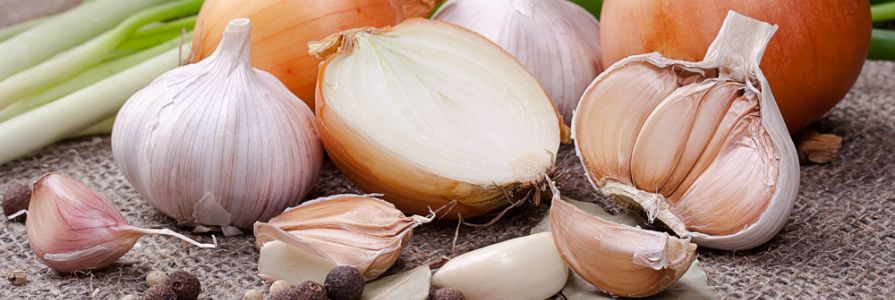
Higher intakes of prebiotics are linked to benefits, including:
- lower risk for cardiovascular disease
- healthier cholesterol levels
- better gut health
- improved digestion
- lower stress response
- better hormonal balance
- higher immune function
- lower risk for obesity and weight gain
- lower inflammation and autoimmune reactions
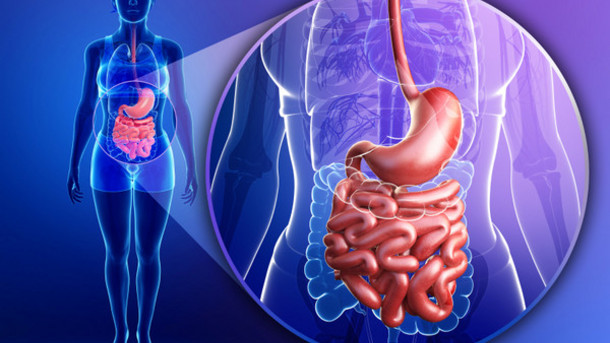
How Prebiotics Work Together with Probiotics to Improve Health
All types of fibre that we get from eating whole, plant foods play a major role in nutrient absorption, gut and digestive health. Prebiotics, together with probiotics, open the door for heightened levels of health in general, so nearly everyone can afford to include them in their diets more often. Most people are aware by now that foods that offer dietary fibre and probiotics have a long list of health benefits, but nonetheless, prebiotic foods are still mostly underappreciated. By in large, most people don’t consume enough Prebiotics every day — and, sadly, the result can aggravate indigestion, higher levels of inflammation, lower immune function, higher likelihood of weight gain and a raised risk for various chronic diseases. While probiotic foods are essential for gut health and overall well-being, prebiotics help “feed” probiotics. By pairing them together, you can achieve an even better result
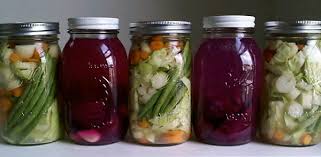
Prebiotics work together with probiotics to allow specific changes to take place, both in the composition and activity of the gastrointestinal system. They play a fundamental role in preserving health by maintaining balance and diversity of intestinal bacteria, especially increasing the presence of “good bacteria.” Because the health of our gut is closely tied to many other bodily functions, prebiotics and probiotics together are important for battling inflammation and lowering overall disease risk.
Top foods and how to incorporate them into your diet.
Raw Dandelion greens – chopped and used like parsley as a garnish, Raw Leeks – finely sliced added to salads, Under-ripe bananas, Raw Asparagus – Fermented, Raw or Cooked onions – Salads or salad dressings, Raw garlic – Dips like Hummus.
